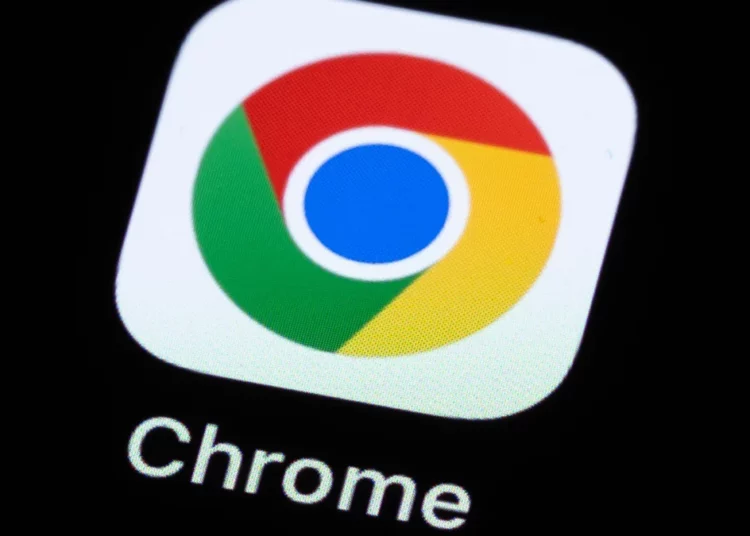Artificial intelligence company OpenAI has officially launched its long-anticipated web browser, Atlas, in a move that could reshape the internet browsing experience globally.
The browser is aimed at directly competing with Google Chrome, which is the world’s most widely used browser.
The announcement was made this week amid growing momentum in the race between tech giants.
Atlas is built on Chromium, the same open-source framework that powers Chrome and promises a more intelligent and personalised browsing experience by embedding OpenAI’s advanced GPT-4 language model directly into the browser.
Unlike traditional browsers, Atlas is designed to perform tasks on behalf of users, including summarising web pages, filling forms, automating research, and even booking services, all through simple text commands.
The launch of Atlas marks OpenAI’s boldest move yet into consumer internet services, potentially challenging Google’s long-standing dominance in the browser market.
Google Chrome currently holds over 60 per cent of the global browser market, with deep integration across its advertising, Gmail, Maps, and YouTube ecosystems. OpenAI’s entry, analysts said, could disrupt this stronghold by shifting user behaviour from passive browsing to AI-driven interaction.
Speaking at the unveiling, OpenAI CEO Sam Altman said Atlas was not just a browser, but a collaborative AI assistant that redefines how users navigate the internet. He noted that Atlas was designed to simplify online workflows and boost productivity, especially for users overwhelmed by information overload and repetitive digital tasks.
Industry observers have drawn comparisons between this move and the early-2000s browser wars, noting that the new era is not just about speed and layout, but about intelligence and agency. With AI now capable of summarising news, comparing prices, and executing multi-step web tasks, the browser has evolved into a digital partner rather than just a viewing platform.
The development has also sparked discussions around data privacy, regulation, and content monetisation. Critics warn that heavy reliance on AI for browsing may reduce visibility for original content creators and raise concerns about how user data is processed and stored by AI agents. Nonetheless, OpenAI maintains that user safety and transparency remain central to Atlas’ design.
For users in Nigeria and across Africa, the implications are significant. With increasing internet adoption and digital entrepreneurship, a smart browser like Atlas could offer efficiency gains for students, professionals, and SMEs.
However, accessibility, local language support, and affordable internet access will be key to ensuring equitable adoption across the continent.




